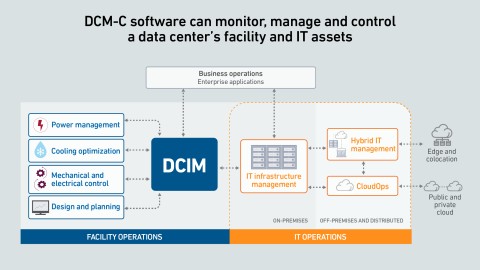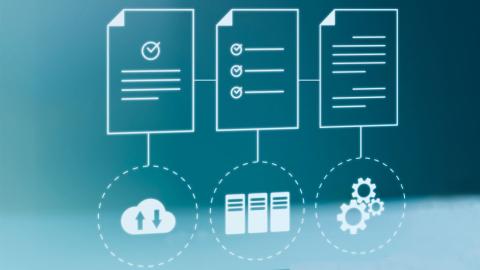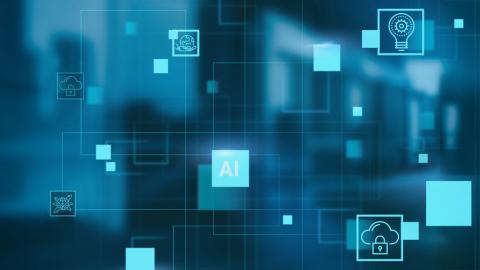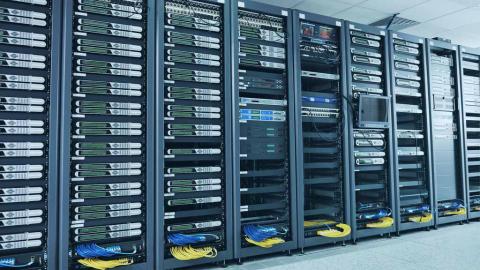Hyperscalers design their own servers and silicon to scale colossal server estates effectively. AWS uses a system called Nitro to offload virtualization, networking and storage management from the server processor onto a custom chip.
filters
Explore All Topics
If adopted, the UNEP U4E server and storage product technical specifications may create a confusing and counter-productive regulatory structure. The current proposals are as likely to limit as improve data center operations' efficiency
This summary of the 2025 predictions highlights the growing concerns and opportunities around AI for data centers.
Power and cooling requirements for generative AI training are upending data center design and accelerating liquid cooling adoption. Mainstream business IT will not follow until resiliency and operational concerns are addressed.
Dedicated GPU infrastructure can beat the public cloud on cost. Companies considering purchasing an AI cluster need to consider utilization as the key variable in their calculations.
The EU's NIS 2 directive requires all organizations operating in Europe to comply with 10 essential cybersecurity measures, but many data center operators remain unprepared.
As AI supercharges the growth in data center energy demands, new developments are likely to be increasingly politicized. Central governments may support their expansion, but opposition from local authorities and environmentalists will grow.
Supersized generative AI models are placing onerous demands on both IT and facilities infrastructure. The challenge for next-generation AI infrastructure will be power, forcing operators to explore new electrification architectures.
Power grids are under stress, struggling to meet future demand and increasingly prone to outages. More utilities will expect data centers to contribute power - and be more flexible in their use of power.
Cloud providers need to win AI use cases in their early stages of development. If they fail to attract customers, their AI applications may be locked-in to rival platforms and harder to move, which can have serious repercussions.
Nvidia's dominant position in the AI hardware market may be steering data center design in the wrong direction. This dominance will be harder to sustain as enterprises begin to understand AI and opt for cheaper, simpler hardware.
As operators expand their use of hybrid IT and cloud, optimizing the IT could help alleviate concerns over availability and efficiency. This report is part two of a four-part series on data center management software.
Visibility into costs remains a top priority for enterprises that are consuming cloud services. Improving the tagging of workloads and resources may help them to spot, and curb, rising costs.
The cost and complexity of deploying large-scale GPU clusters for generative AI training will drive many enterprises to the public cloud. Most enterprises will use pre-trained foundation models, to reduce computational overheads.
Generative AI is not only accelerating the adoption of liquid cooling but also its technical evolution. Partly due to runaway silicon thermal power levels, this has led to a convergence in technical development across vendors.
 Dr. Owen Rogers
Dr. Owen Rogers
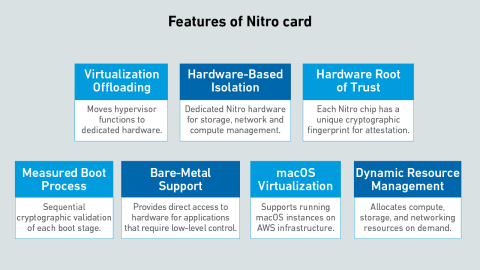
 Jay Dietrich
Jay Dietrich

 Douglas Donnellan
Douglas Donnellan
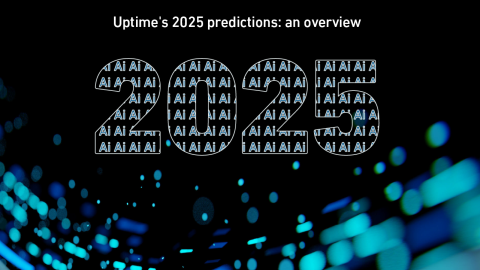
 Jacqueline Davis
Jacqueline Davis

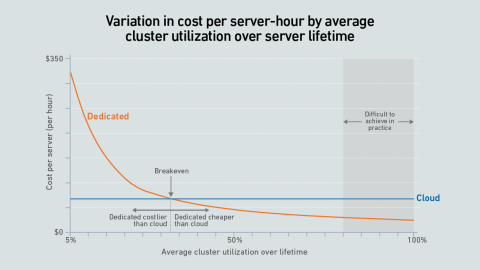
 John O'Brien
John O'Brien
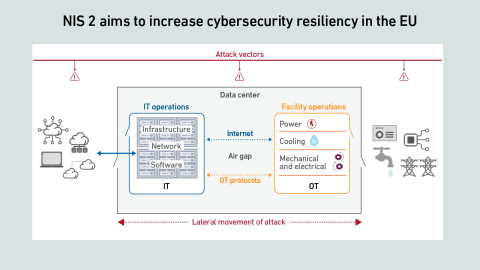
 Peter Judge
Peter Judge

 Daniel Bizo
Daniel Bizo

 Andy Lawrence
Andy Lawrence

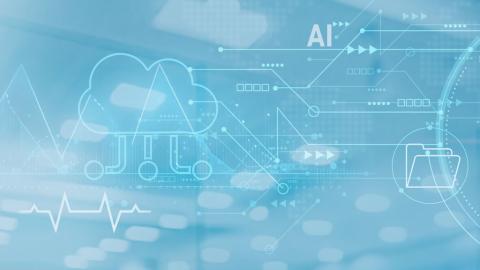
 Max Smolaks
Max Smolaks

